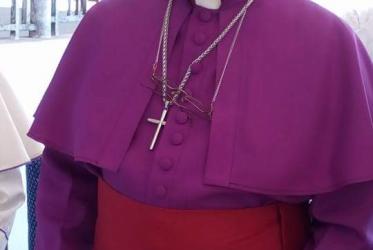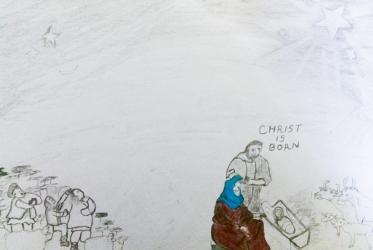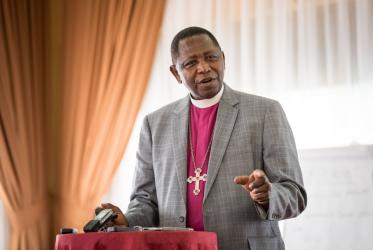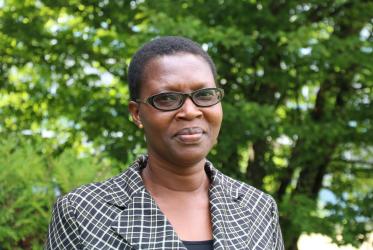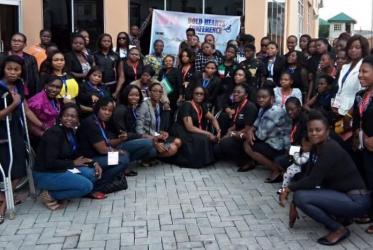Displaying 61 - 80 of 114
Conversation on HIV “must continue,” Faith Networking Zone shows
07 December 2017
“Facing the storm of HIV, we can move together, be agents of change”
06 September 2017
Nigerian breaks down stereotypes on Muslims
13 July 2017
A communicator on the move
10 July 2017
G7 must address famine
22 May 2017
WCC delegation visits Zimbabwe
19 May 2017
Youth engagement fundamental to HIV response
18 April 2017
“It’s time to be brave, to form diverse partnerships”
02 March 2017
“Health and healing for all people, that is the challenge”
28 February 2017
